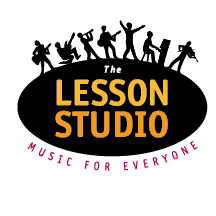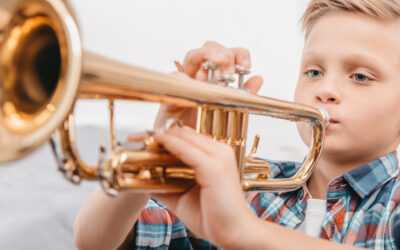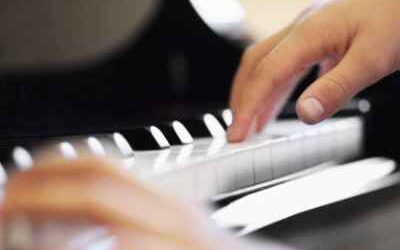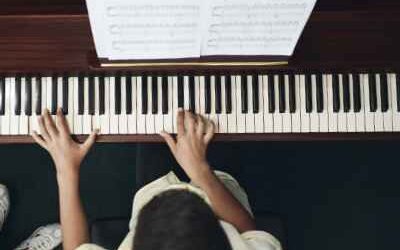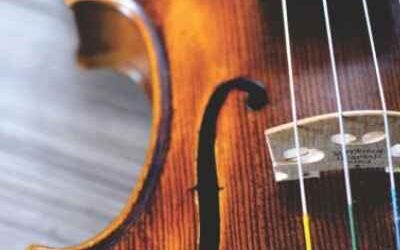Introduction
Cognitive Benefits of Brass Instruments for Kids
Enhances Memory and Concentration
When kids pick up a brass instrument, they give their brains a full workout. From reading music to playing in sync with others, the cognitive advantages of playing brass can significantly impact their academic and mental development. Learning music is like solving a puzzle where each piece is a note or a rhythm. Kids must remember fingerings, breathing patterns, and musical pieces, strengthening their memory and concentration. For more information, read this article from Brainfacts.org.
Boosts Problem-Solving Skills
Playing a brass instrument requires kids to think quickly, especially when they’re aiming for tricky high or low notes. This type of on-the-fly problem-solving is an invaluable skill, teaching kids to adapt to challenges without getting frustrated.
Strengthens Math and Reading Skills
Believe it or not, music and math go hand in hand. Reading music involves understanding rhythms, so they’re essentially practicing math, and learning fractions (half notes, quarter notes, etc.) without even realizing it! Reading sheet music also helps kids recognize patterns, enhancing their reading skills. For additional insight read this article from the University of Regina.
Physical Benefits of Playing Brass Instruments
Develops Lung Capacity and Breath Control
Playing a brass instrument demands strong lungs and controlled airflow, which can increase lung capacity and respiratory strength over time. When students first began, they could quickly become winded, but after a few months of regular practice, their breath control improved, and they could play sustained notes. This newfound strength helps in sports!
Improves Fine Motor Skills
Brass instruments require precise finger and lip coordination. The positioning of fingers and the way they move through notes helps improve fine motor skills, which can be beneficial for tasks like handwriting, typing, and even certain sports.
Emotional and Social Advantages of Learning Brass Instruments
Builds Confidence and Self-Expression
Playing an instrument allows kids to express themselves creatively. As they learn songs and perform, they build confidence, realizing their hard work pays off. I remember Emily’s pride after her first school concert, a moment that boosted her self-esteem.
Teaches Discipline and Patience
Brass instruments are challenging and require time to master. Through practice, kids learn that improvement takes dedication and patience, a lesson they carry into other aspects of life.
Encourages Teamwork through Ensemble Playing
Young brass players often join school bands or orchestras, learning to play with others, listen to one another, and work as a team. These experiences teach collaboration and the joy of contributing to a shared goal.
Academic and Educational Boost from Brass Instrument Training
Supports School Performance and Study Habits
Music education is known to enhance academic performance. Children who play instruments often achieve better grades and are more disciplined. Skills like memory and concentration from playing an instrument can be applied to their schoolwork.
Introduces Basic Musical Theory and History
As kids learn to read music and rhythms, they receive an introduction to music theory. They may even become curious about the history of their instrument or the music they’re playing, which broadens their knowledge of culture and history.
Prepares Kids for Future Academic or Musical Pursuits
Even if they don’t pursue music professionally, the foundation from learning an instrument can benefit them in academics or future hobbies. Starting early often helps kids pick up other languages or complex subjects with ease.
Practical Life Skills Learned Through Brass Instrument Practice
Time Management from Regular Practice Schedules
Regular practice teaches kids to manage their time effectively. They learn to balance schoolwork, practice, and activities, instilling time management skills early on.
Responsibility in Caring for and Maintaining an Instrument
Brass instruments require maintenance to keep in good shape. Learning to care for an instrument teaches kids responsibility and the importance of upkeep. Emily, for instance, now reminds me to take her trumpet for cleaning!
Problem-Solving through Learning New Pieces
As kids work through challenging music pieces, they build problem-solving skills, breaking down difficult passages and improving bit by bit. This approach helps them tackle life challenges methodically.
Community and Family Bonding Through Music
Opportunities for Family Support and Involvement
Supporting your child’s musical journey is rewarding. From watching their first performance to helping with practice, you share in their progress and celebrate their achievements, creating lasting family memories.
Connects Kids with Musical Communities and Mentors
Kids who play brass instruments often join school bands or music groups, meeting friends with similar interests and finding mentors who inspire them. This community fosters belonging and positive role models.
Creates Memories through Performances and Events
Participating in concerts or competitions provides memorable milestones. These events mark their growth and showcase their hard work.
Conclusion
Choosing a brass instrument for your child can unlock benefits that extend beyond music. From cognitive and physical development to emotional and social growth, brass instruments provide kids aged 9-12 with essential skills for life. Whether they continue with music long-term or simply enjoy the experience, the skills and memories they gain from learning brass will make a lasting impact.
If your child shows an interest in music, consider brass as an engaging, rewarding, and unforgettable way to enrich their world!
If you would like to improve your musical skills for you or your child or need help with any of the topics in this blog post, click here to take a lesson.
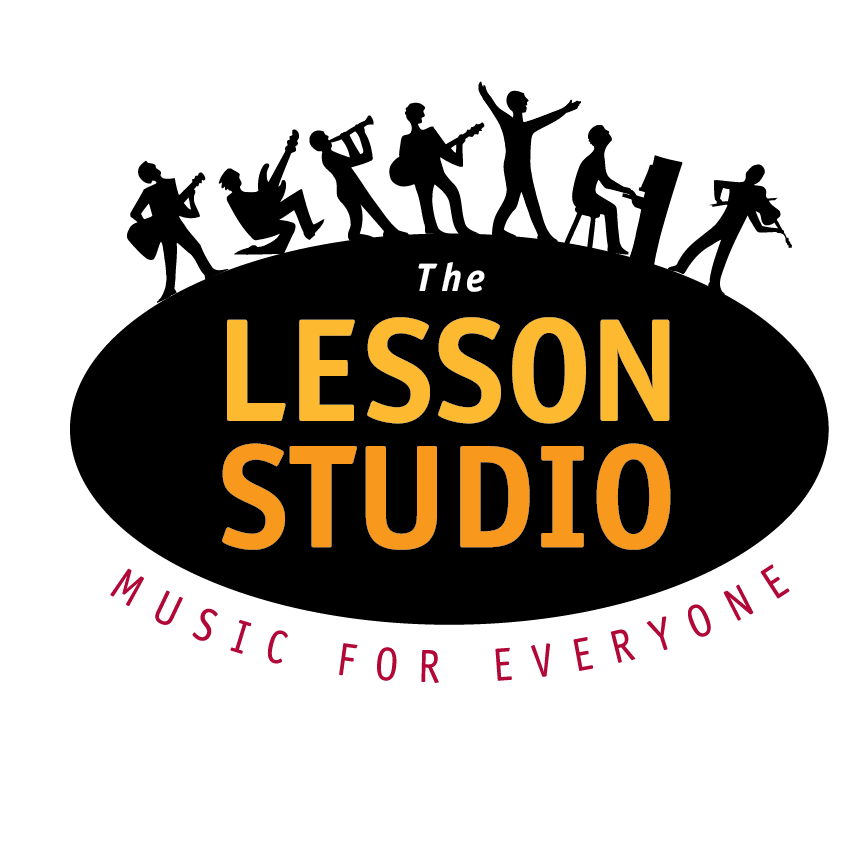
Don’t forget to share this post.
Gifts that Will Make Kids Fall in Love with Music
[pac_divi_table_of_contents included_headings="off|off|on|off|off|off"...
Essential Tips for Parents of Young Brass Players: Support Your Budding Musician
[pac_divi_table_of_contents included_headings="off|off|on|off|off|off"...
Top 5 Beginner-Friendly Guitar Techniques You’re Probably Not Using!
[pac_divi_table_of_contents included_headings="off|off|on|off|off|off"...
How to Start Voice Lessons: Essential Techniques for Beginning Singers
[pac_divi_table_of_contents included_headings="off|off|on|off|off|off"...
Master the Piano: Why You Need Both Ear Training and Sight-Reading!
[pac_divi_table_of_contents included_headings="off|off|on|off|off|off"...
Ace Your Recital: Tips for Thorough Music Preparation
Getting ready for a recital can sometimes be a frustrating and downright nerve-wracking...
Four Proven Strategies for Maximizing Your Practice Time
So many music lessons include the saying, “Practice makes perfect.” However, I would argue that it...
String Instrument Care
Students taking music lessons on a string instrument are usually introduced to the in and out of...
10 Tips and Tricks for Sight Reading Music
Whether you are self-taught or taking music lessons with an instructor, sight-reading is an...
Practice smart, not hard.
Being a good musician requires many hours of practice and dedication to your craft. Whether it’s...
